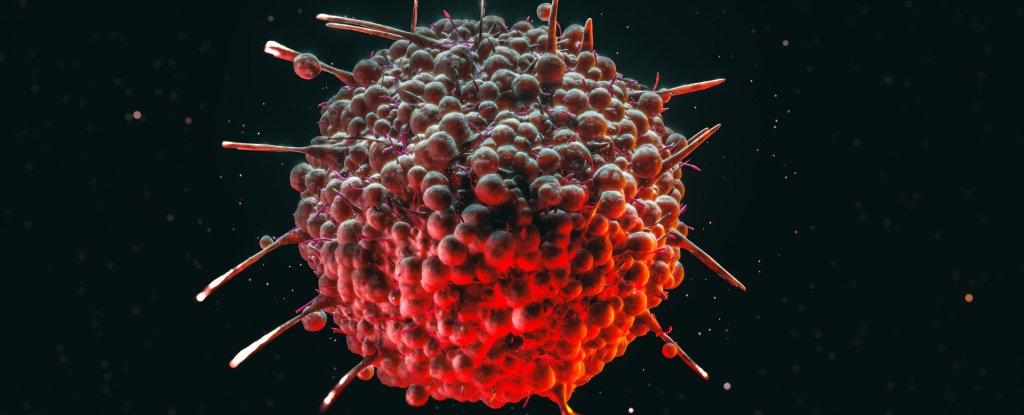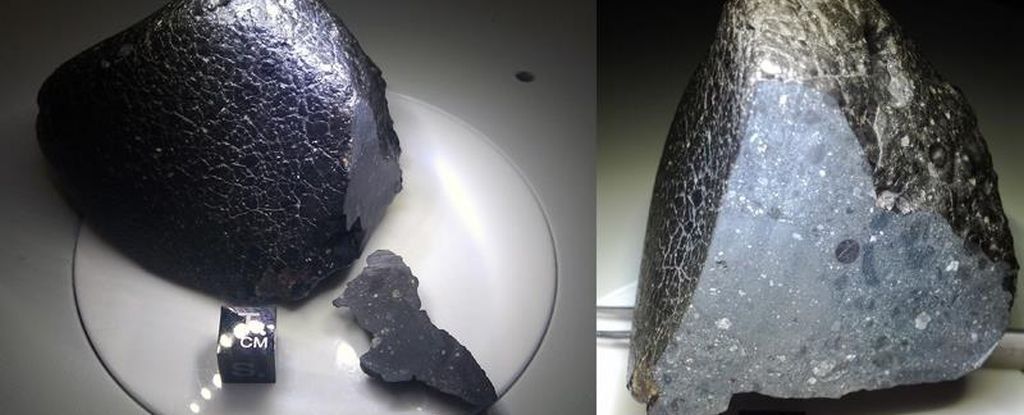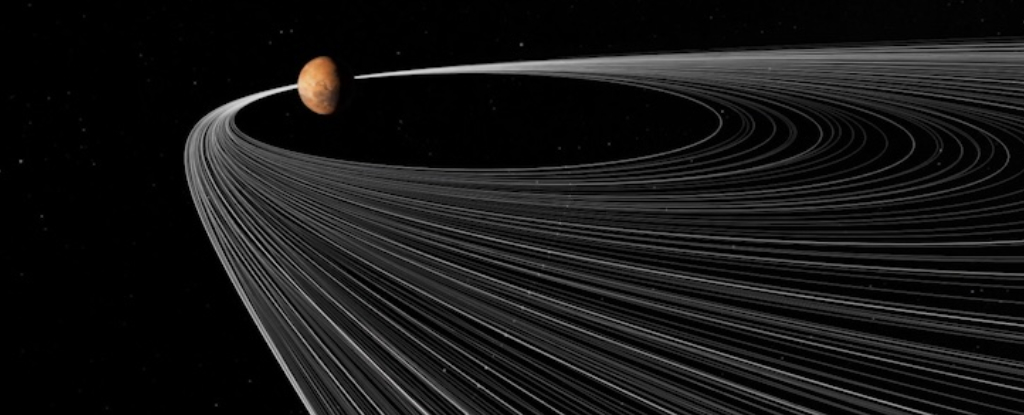ARTICLE AD
Thanks to a newly expanded app, more amateur astronomers can now join the hunt for black holes.
Black Hole Finder is the brainchild of the Dutch Black Hole Consortium, a group of more than 30 scientists and researchers who, as their name suggests, study the mysterious regions of space from the Netherlands. Part of their research is based on images captured by the BlackGEM telescopes in Chile’s Atacama desert, which are dedicated to the study of dramatic cosmic events and objects, such as black holes or merging neutron stars.
These types of events produce ripples in spacetime known as gravitational waves, which, if they occur within 650 million light-years, can be detected by ground-based telescopes on Earth. Indeed, despite the vast distance, these waves can still be detected by instruments like MIT’s Laser Interferometer Gravitational-Wave Observatory (LIGO), although they may be faint. When those waves are spotted, the telescopes, which are controlled by the Netherlands’ Radboud University, scan the southern sky for their source. That’s where citizen scientists—and the newly updated app—come in.
When users open the app, they are shown images taken by the BlackGEM telescopes a mere 15 minutes after they were captured. They are then tasked with looking for potential kilonovas—brief flashes of light caused by neutron stars merging. Those collisions lead to a stellar collapse, forming a black hole.
However, not all flashes of light seen by the telescopes are kilonovas. Some could be satellites orbiting Earth or merely a glitch. Users of Black Hole Finder are asked to assess the photos to determine if a photo shows an actual kilonova or a false positive. The data is then used to train a machine learning system to better identify the birth of black holes.
Users are tasked with closely examining the shape of light flashes and comparing photos of the same area of space taken at different times. The app supplies in depth instructions such that even a novice can contribute to the search.
“An alert immediately goes out to astronomers who quickly aim their telescopes in search of the newly formed black hole,” explains the Dutch Black Hole Consortium on its website. “After a neutron star collision, rare elements such as iodine, gold, and cerium are produced in a kilonova explosion. Such a kilonova is accompanied by a weak, short-lived light signal that telescopes can detect if they are quickly pointed at the source.”
To make things even more interesting, the Black Hole Consortium has gamified the hunt for black holes, with citizen scientists able to monitor their stats and rank up to achieve new status levels. At certain tiers, they gain new privileges or rewards, such as being able to request follow-up information on transients they identified.
Launched in November, 2023, the app was originally available only in English and Dutch. In an update made available on August 13, the app expanded to add Spanish, German, Chinese, Bengali, Polish, and Italian versions. Black Hole Finder is available via Google Play, the App Store, and as a web app.
If the idea of making a major astronomical discovery as an amateur sounds far fetched, rest assured, it’s happened before. A supernova that might be the youngest black hole in Earth’s cosmic neighborhood was discovered by a hobbyist, so shoot your shot.

 3 months ago
26
3 months ago
26 

